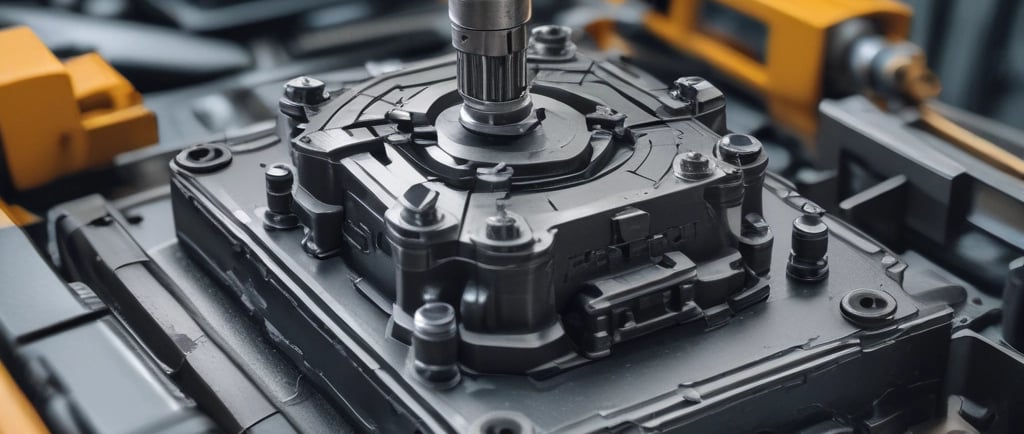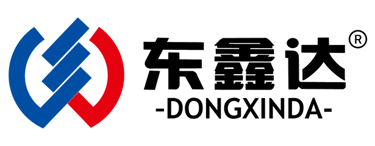Unlocking the Power of Custom Injection Molding for Industrial Growth
4/7/20251 min read


Introduction
In today's competitive manufacturing environment, companies are constantly seeking solutions that increase speed, reduce costs, and deliver consistent quality. One of the most impactful technologies enabling this transformation is custom injection molding. This process has become a foundation for industries such as automotive, medical devices, electronics, and consumer goods, allowing them to scale production efficiently and meet evolving customer demands.
What Is Custom Injection Molding?
Custom injection molding involves creating tailor-made molds that suit specific product designs and functional requirements. Unlike generic solutions, custom molds offer enhanced precision, material optimization, and production flexibility—crucial benefits in an era driven by innovation and personalization.
Advantages of Custom Molding in Industrial Applications
Design Flexibility
Custom molds enable the production of complex geometries, intricate textures, and seamless part integration, allowing for aesthetic and functional superiority.Improved Material Efficiency
Tailored mold design ensures optimized material flow, reducing waste and supporting sustainability goals.Cost Reduction Over Time
While initial mold investment may be higher, the long-term cost savings from fewer defects, less rework, and faster cycle times can significantly improve ROI.Consistent Quality & Tolerances
Industries with tight tolerance requirements—like medical or aerospace—benefit from the high repeatability that custom injection molds offer.Faster Time to Market
Rapid prototyping and iterative mold refinement help reduce development cycles, getting products into customers’ hands sooner.
Use Case Spotlight: Automotive Industry
In automotive manufacturing, custom injection molding is widely used to produce dashboard panels, connectors, and under-the-hood components. These parts must meet strict durability and heat resistance standards—requirements easily met through precision molds and material customization.
Looking Ahead
As industries continue to adopt smarter and more sustainable production methods, custom injection molding will play an even larger role. Companies that invest in quality molds today are laying the groundwork for tomorrow’s growth and resilience.
One-stop service for all your molding needs.
contact information
+65 80391511
+86 13860465777
© 2024. All rights reserved.
